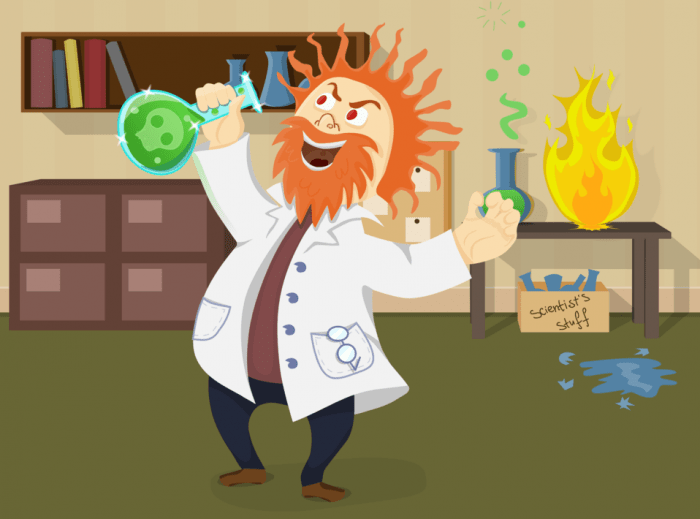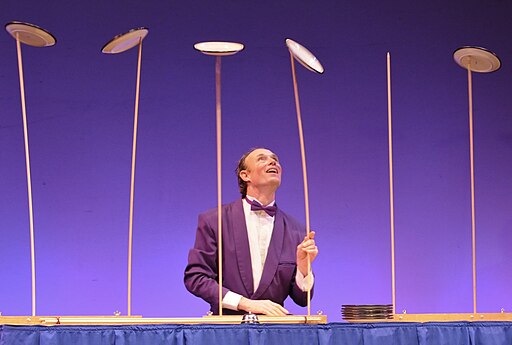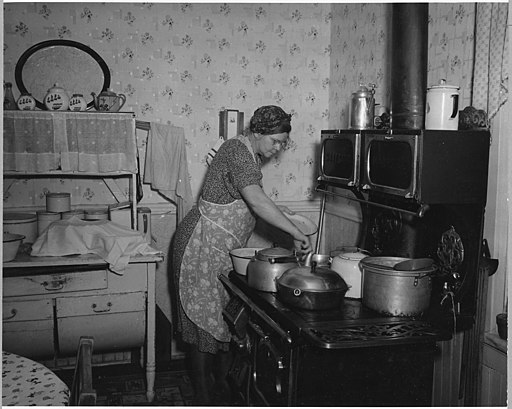Time flies when you’re… experimenting on yourself.

It was nearly two and a half months ago that I wrote the introductory post of the Grand Productivity Experiment, resolving to Do Something about my general state of disorganization and unproductivity before it brought my grey hairs in sorrow to the grave.
(A note to those who haven’t been following this from the beginning: the introductory post outlines the first method tested. The Phase One post reports back on that and outlines the second method. And so forth.)
From Phase One – the Keystone Habit of getting up on time – I learned that rising promptly undeniably makes a difference, although sometimes the difference includes needing to lie down later in the day.
From Phase Two – the Master List (with attendant Daily List) – I learned that keeping a list of Things I Have So Far Failed To Do visible and close to hand is more a source of stress than productivity.
From Phase Three – Eat That Frog – I learned that thinking about eating frogs makes me feel vaguely nauseous, and that it’s best not to procrastinate. Actually, I think I knew that already. Moving on!

From Phase Four – what you might call Spinning Plates – I learned that doing a little every day in each of the main areas of my life: Housework, Outside Work, Writing, Handwork, Church Work, Communication and Exercise is not only productive but dispels the panicky feeling that I’ve forgotten something important.
From Phase Five – rather grandly referred to as Inculcating The Right Frame Of Mind – I learned that such things may be useful for working up enthusiasm for a big project, but there’s no discernible effect on the day-to-day.
From Phase Six – Wombling – I learned that having a method that is low-pressure and flexible to allow for illness, tiredness or changing priorities is very useful; and that Wombling is such a method.
From Phase Seven – Bullet Journalling – I learned a very useful form of annotation, and the value of not having my completed tasks vanish like the snows of yester-year.

From Phase Eight – the monastic-inspired Rule of Life – I learned that taking times out during the day to turn to God is a very restorative practice. Also, that I would have made a terrible nun, being disinclined to stick to a fixed routine all day.
From Phase Nine – the Pomodoro Technique – I learned that I dislike being constantly interrupted, and also find it difficult to get going again once stopped.
From Phase Ten – the Unschedule – I learned that it’s important to follow through when I tell myself “first do this, then you can…”; and that it’s important to count the everyday things I do as ‘work’ even if they’re not Real and Official Sitting At A Desk Potentially Income-Generating Work With Meetings and Everything. Making dinner is work. Putting the laundry away is work. Not counting most of my work as “real work” is a surefire way to feel inexplicably both weary and lazy.

First, I’m going to take that week off which I’ve been dreaming of since Phase 8. Not taking to my bed, and not Doing Nothing, but sticking to Essential Activities and putting no pressure on myself to manage more. Then it’ll be September, and, incidentally, the end of my writing hiatus.
And then…. (rubs hands together). The really nifty thing about the GPE is that there is no requirement for me to select one method to use henceforth. In fact, out of the ten I’ve trialled, I’m going to use elements of five.
Starting each working day with Getting Up On Time (Phase 1), I’ll proceed to do 15 minutes Spinning each of my seven Plates (Phase 4), wombling my way through suitable Plates e.g. housework (Phase 6). I’ll keep track of how the day’s work is progressing with Bullet Journal notations (Phase 7) and be sure to follow through on rests and rewards (Phase 10).

I don’t imagine that this is going to make work somehow non-worky – labour is labour, though it needn’t be toil – but I have a certain cheerfulness knowing that I’m basing this approach on what I know works for me.
I don’t know about you, but I call that ten weeks well spent.
